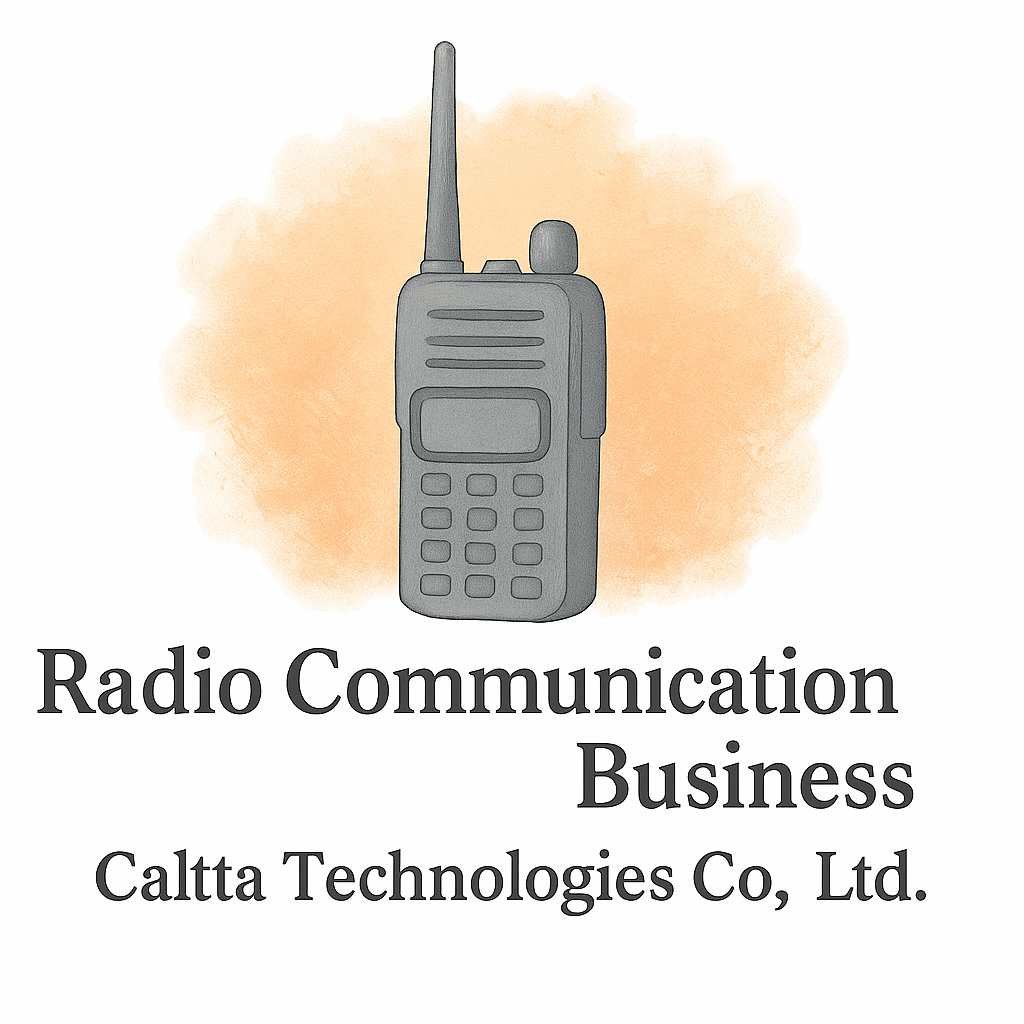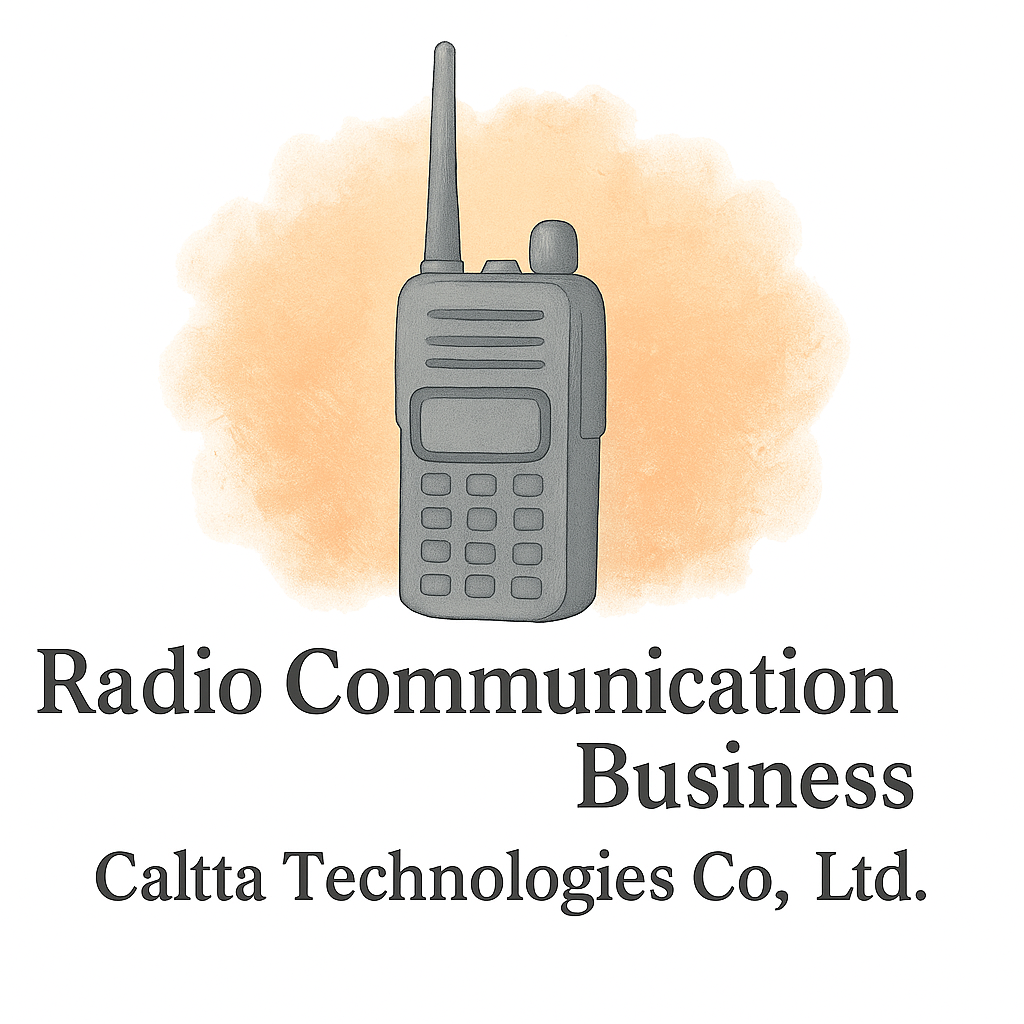11 Battery Solutions for Reliable Radio Communication
Introduction: Why Reliable Batteries Matter in Radio Communication
If you’ve ever relied on two-way radios in a critical situation—whether it’s coordinating an event, managing a construction site, or handling emergency operations—you already know how vital reliable batteries are. Without the right battery solution, even the most advanced radio becomes just another paperweight. Choosing the correct power source not only improves efficiency but also ensures communication lines never break when you need them most.
In this guide, we’ll explore 11 battery solutions for reliable radio communication, breaking down their benefits, drawbacks, and the best scenarios for each. Whether you’re an entrepreneur setting up a business fleet, an emergency responder, or a hobbyist, this list will help you find the power source that fits your needs.
1. Lithium-Ion Batteries: The Modern Standard
Advantages of Lithium-Ion for Radio Communication
Lithium-Ion (Li-Ion) batteries are the go-to choice for most modern radios. They’re lightweight, rechargeable, and deliver high energy density. Unlike older battery types, Li-Ion cells don’t suffer from the infamous “memory effect,” meaning they hold their capacity even after repeated charging.
They’re also compatible with fast-charging technologies, which is crucial in industries where downtime is costly.
Common Applications in Professional Settings
From event management and security to corporate communications (see business startup basics), Li-Ion batteries dominate the field. They’re the standard for police, construction, and industrial workers who need reliable, all-day communication.
2. Nickel-Metal Hydride (NiMH) Batteries
Benefits of NiMH Batteries
NiMH batteries are a strong contender when budget plays a role. They offer solid energy capacity at a lower price point compared to Li-Ion. They’re also environmentally friendlier since they contain fewer toxic elements.
Limitations Compared to Lithium-Ion
The trade-off? NiMH batteries discharge faster when not in use and don’t hold as much energy per cell. Still, for teams needing reliable but affordable solutions (check cost-saving tips), NiMH remains practical.
3. Nickel-Cadmium (NiCd) Batteries
Durability in Extreme Conditions
NiCd batteries may feel like old tech, but they shine in extreme weather. Cold temperatures that cripple Li-Ion cells hardly faze NiCd, making them ideal for military, aviation, and outdoor exploration.
Why NiCd Is Still Relevant Today
They’re robust, long-lasting, and handle high-drain devices well. For teams in law enforcement, compliance, or emergency industries (see regulation insights), NiCd batteries are still a reliable backup option.
4. Alkaline Batteries: Cost-Effective Backup
When to Use Alkaline for Radios
Alkaline batteries, like standard AA or AAA, are easy to find and perfect for backup scenarios. They’re especially useful in remote areas where charging options are limited.
Downsides of Alkaline Batteries
However, alkaline cells aren’t designed for long-term radio use. They can drain quickly under heavy loads, and buying them regularly can get expensive compared to rechargeables.
5. Rechargeable AA and AAA Batteries
Flexibility for Different Radio Models
Rechargeable AA and AAA batteries offer flexibility. If your radios support these sizes, you can swap out depleted batteries with fully charged spares on the fly.
Best Practices for Long-Term Use
Stick to high-quality brands and pair them with smart chargers. This extends their lifespan and ensures reliability. (See tools and hacks) for more maintenance advice.
6. Solar-Powered Battery Packs
How Solar Power Enhances Reliability
Solar solutions are increasingly popular for eco-friendly communication setups. By converting sunlight into backup energy, solar-powered packs provide independence from wall charging.
Ideal Situations for Solar Solutions
Outdoor enthusiasts, campers, and teams working in disaster relief benefit most. Solar solutions are a perfect match for sustainable business setups (explore tech upgrades).

7. Power Banks and Portable Chargers
Why Every Radio Operator Needs One
Imagine running out of battery mid-shift—disastrous, right? Power banks give you a lifeline. They’re small, portable, and provide quick boosts to rechargeable packs when you’re away from outlets.
Choosing the Right Capacity
Look for power banks with at least 10,000mAh to ensure multiple charges. For professional settings, high-capacity models with multiple ports keep radios and smartphones powered simultaneously.
8. Smart Battery Management Systems
Extending Battery Lifespan with Smart Tech
Smart battery systems monitor charge cycles, detect overheating, and prevent overcharging. This technology extends battery life and minimizes downtime.
Integration with Radio Equipment
Modern radios are increasingly designed with smart tech compatibility, allowing seamless integration. This ensures compliance and regulation standards are met (see compliance insights).
9. High-Capacity Battery Packs
Perfect for Long Shifts and Outdoor Use
High-capacity packs keep radios running all day. Security staff, event planners, and field workers often rely on these solutions to minimize mid-shift swaps.
Comparing High-Capacity vs Standard Packs
While bulkier, high-capacity batteries can double or triple runtime. The extra weight is worth the reliability during networking events or conferences (see conference tips).
10. Military-Grade Battery Solutions
Designed for Harsh Environments
Military-grade batteries are engineered for performance under extreme stress. Whether in freezing temperatures, wet conditions, or high-impact situations, they won’t quit.
Case Studies of Military Applications
Armed forces and disaster response teams worldwide depend on these rugged solutions. They’re pricier but worth every penny when lives depend on communication.
11. Custom Battery Solutions for Specialized Radios
Tailored Power for Unique Equipment
Some industries rely on specialized radios that standard batteries can’t power effectively. Custom-designed packs ensure maximum compatibility and performance.
When to Invest in Custom Solutions
If your business setup involves unique tools or high-tech radios (see industry insights), investing in custom solutions ensures seamless reliability.
Best Practices for Battery Maintenance
Charging Habits That Extend Battery Life
Avoid leaving batteries on chargers for days. Overcharging shortens lifespan. Instead, adopt a routine charging schedule with smart chargers.
Storage Tips for Long-Term Reliability
Store batteries in a cool, dry place at about 50% charge. This prevents capacity loss during long idle periods.
Common Mistakes to Avoid in Radio Battery Usage
Overcharging and Deep Discharging
Constantly draining batteries to 0% or keeping them plugged in forever are habits that kill lifespan.
Using the Wrong Charger
Not all chargers are created equal. Always use compatible chargers, especially when dealing with equipment technology (learn more).
How to Choose the Right Battery Solution for Your Needs
Assessing Environment and Usage
Consider where and how you’ll use your radios. Harsh environments may call for NiCd or military-grade solutions, while everyday business use may benefit from Li-Ion.
Balancing Budget and Reliability
It’s tempting to cut costs, but sacrificing quality can lead to communication breakdowns. Smart businesses weigh both cost and reliability (see financial planning).
Conclusion: Powering Reliable Radio Communication
Reliable communication hinges on reliable power. From lithium-ion to custom solutions, choosing the right battery directly impacts efficiency, safety, and productivity. Whether you’re running a small business, coordinating an international conference, or working in emergency response, the right battery solution is your radio’s lifeline.
Don’t just think of batteries as accessories—treat them as the foundation of your communication strategy.
FAQs
1. What is the best battery type for radio communication?
Lithium-ion batteries are the most popular due to their balance of capacity, lifespan, and fast charging.
2. Are NiCd batteries outdated?
Not entirely. They remain useful in extreme conditions where other batteries fail.
3. Can I use regular AA alkaline batteries in my radio?
Yes, but they’re best suited for short-term or backup use.
4. How long do Li-Ion radio batteries typically last?
On average, 2–3 years with proper maintenance and smart charging.
5. Are solar-powered batteries practical for everyday use?
They’re excellent for outdoor and emergency scenarios but may not be reliable for daily high-demand use.
6. What’s the safest way to store spare batteries?
Keep them in a cool, dry place at around 50% charge to maintain capacity.
7. How do I know if I need custom battery solutions?
If your radio equipment is specialized or demands longer runtimes than standard packs, custom solutions are worth considering.


